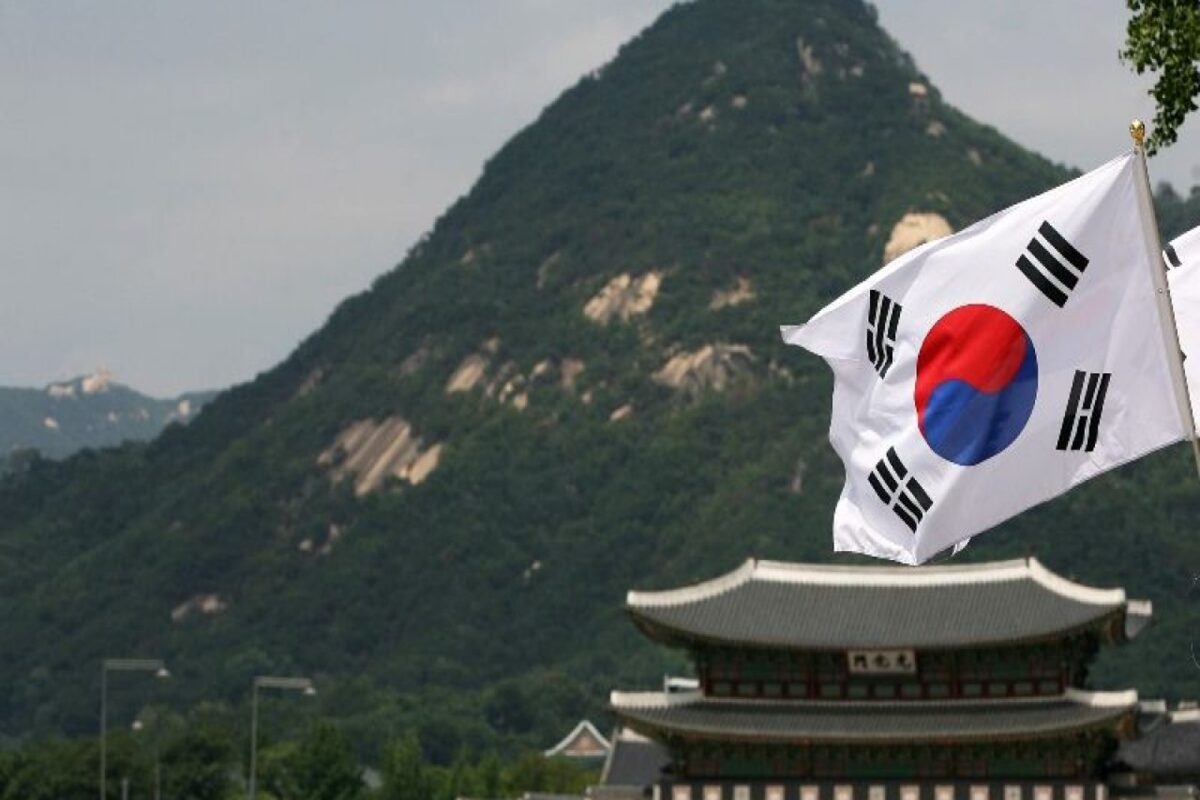Korea braces for shocks
Alarming signs about the South Korean economy are popping up everywhere. Inflation is soaring, stock markets tumbling, and the local currency’s value dropping.
The South Korean economy is beset by unfavourable factors including an unstable global supply of goods, surging prices of materials and “three highs” ~ high-interest rates, high inflation and high exchange rates ~ plaguing the Korean currency. Then yet another issue looms large: an industrial strike.

image source (iStock)
The South Korean economy is beset by unfavourable factors including an unstable global supply of goods, surging prices of materials and “three highs” ~ high-interest rates, high inflation and high exchange rates ~ plaguing the Korean currency. Then yet another issue looms large: an industrial strike.
The Cargo Truckers Solidarity, affiliated with the Korean Confederation of Trade Unions, went on an indefinite general strike on Tuesday — six months after their last strike. General strikes have become habitual.
Advertisement
Considering that it is a critical time for industries seeking to rebound from the negative economic impact of the COVID-19 pandemic, the strike must be resolved as soon as possible.
Advertisement
The truckers’ union and the Ministry of Land, Infrastructure and Transport held their first round of negotiations last Thursday over its major demand for the extension and expansion of the Safe Trucking Freight Rates System, but the two sides failed to narrow their differences.
Solidarity members interrupted shipments at some cement factories. Hyundai Steel’s Pohang factory can- celled shipments of their products in North Gyeongsang Province. The country’s largest liquor maker HiteJinro suspended shipments at its
Cheongju factory in North Chungcheong Province.
The general strike is a litmus test of the new administration’s labour policy in that it is the first major strike after President Yoon Suk-yeol was inaugurated.
Fortunately, Yoon made it clear that his government will respond according to the law and principles. It is a reasonable response. The previous administration effectively looked on and appeased unions.
The Safe Trucking Freight Rates System is a system of levying a fine on cargo owners if they pay rates lower than an appropriate level for safe shipping. It took effect in 2020 as a three-year sunset provision. It is bound to disappear from next year unless it is renewed.
The union demands that the sunset provision be abolished and the system be expanded to cover all truck types and all kinds of cargo items. The system limits items to containers and cement.
The root cause of the strike is the recent surge in diesel prices. The union argues that truckers’ income decreased by more than 2 million won ($1,590) a month because fuel prices rose sharply, while freight rates remain little changed.
Cargo owners maintain the position that the system should be terminated as scheduled because it imposes a heavy financial burden on them.
The government reportedly discussed with the union ways to improve truckers’ working conditions, held a debate last month to review the system’s performance and planned to form a “safe freight rates task force.”
Then the union abruptly turned its mode of behaviour from discussion into a general strike. Criticisms that seem to be politically motivated are hard to avoid.
Safe driving and expense reductions matter for truckers. Be that as it may, it is unfair to shift surging logistics costs excessively to cargo owners.
Government mediation to guide their search for a solution is important. More active mediation is required. The unionized truckers must stop their general strike and come back to the negotiation table.
Advertisement